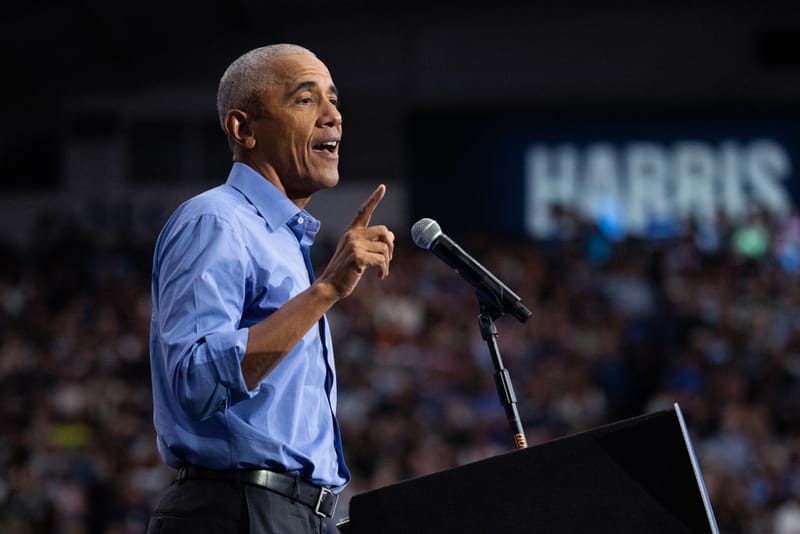Black Men Departing the Democratic Party in Droves: A Closer Look at the Shift
In recent years, a significant political shift has been observed among Black men in the United States, with many turning away from the Democratic Party. This exodus is fueled by a confluence of grievances, ranging from economic policies to cultural issues, which they feel the Democratic Party has either ignored
In recent years, a significant political shift has been observed among Black men in the United States, with many turning away from the Democratic Party. This exodus is fueled by a confluence of grievances, ranging from economic policies to cultural issues, which they feel the Democratic Party has either ignored or exacerbated.
Economic and Social Policies:
- Abortion and Population Control: Critics among Black men argue that Democrats have historically supported policies that they believe contribute to the decline of the Black population. The strategic placement of Planned Parenthood facilities in Black communities has long been a point of contention, with some seeing it as a form of population control. Recent statistics show that while Black women make up about 13% of the female population, they account for approximately 36% of abortions, highlighting a disproportionate impact.
- Economic Disparity: Despite promises of economic upliftment, many Black men feel that tangible benefits have not materialized. Instead, they point to symbolic gestures over substantial policy changes. The focus on issues like abortion rights, they argue, overshadows economic development, education, and job creation in Black communities.
Health and Vaccination Skepticism:
- COVID-19 and Vaccines: The rollout of the COVID-19 vaccine was met with significant skepticism in the Black community, especially after comments from figures like Bill Gates suggesting Black people would receive the vaccine early. This, coupled with historical medical mistrust, led to lower vaccination rates among Black Americans. Subsequent studies linking the vaccine to health issues like infertility, heart conditions, and blood clots have only deepened this distrust. For instance, a study by the CDC found higher rates of myocarditis post-vaccination, particularly among young males.
- Economic Fallout: The mandate for vaccines in workplaces, pushed by many Democratic leaders, resulted in job losses for those who refused, disproportionately affecting Black workers.
Immigration and Community Resources:
- Resource Allocation: The housing of illegal immigrants in luxury accommodations, while many Black communities suffer from neglect, has been a sore point. Black Americans argue that their needs should be prioritized, especially in terms of housing, jobs, and community development.
- Job Competition: There's a growing sentiment that illegal immigrants are taking jobs traditionally held by Black workers, a point former President Trump emphasized, leading to further disillusionment with Democratic immigration policies.
Cultural and Identity Issues:
- Family and Gender Identity: Black men are increasingly vocal about wanting to preserve traditional family structures against what they perceive as an overemphasis on progressive gender and sexual identity politics. The introduction of gender ideology in schools, including discussions on gender reassignment for minors, has been met with strong opposition. States like California have become known for their progressive stances on these issues, offering puberty blockers and gender reassignment surgeries, which many Black men find unacceptable.
- Education and Propaganda: There's a belief among some that these policies aim to reduce Black population growth by promoting lifestyles that lead to fewer children or altering gender identities, seen as a form of cultural erosion.
Environmental and Health Concerns:
- Depopulation Theories: Conspiracy theories abound, suggesting that various government policies, from weather modification (like geoengineering projects to block the sun for "climate change") to the introduction of GMOs in food, are part of a depopulation agenda. While these theories lack mainstream scientific backing, they resonate with those feeling marginalized.
The departure of Black men from the Democratic Party isn't just about policy disagreements but reflects a deeper cultural and existential crisis. They feel their community's survival and traditional values are under threat from policies they perceive as detrimental. This shift could have significant implications for future elections, as these voters seek representation that aligns more closely with their values and needs, challenging the Democratic Party to reassess its approach towards its historically loyal demographic.


